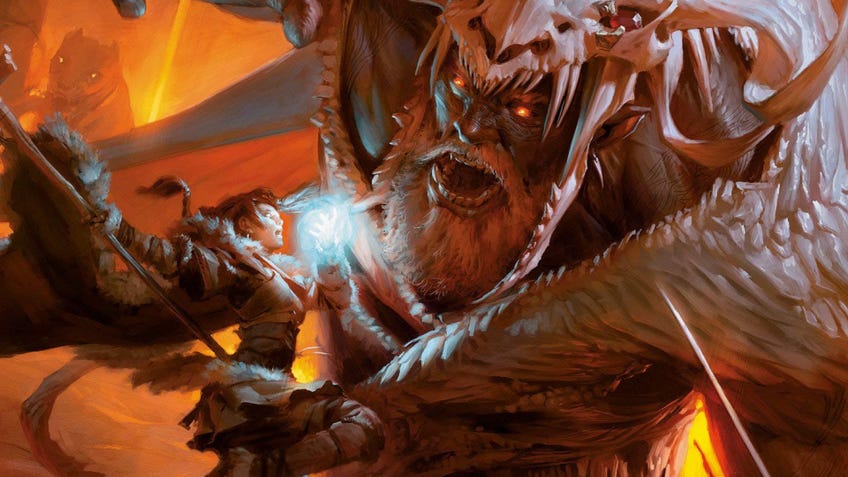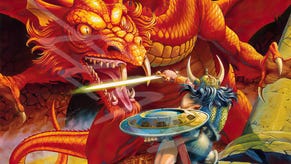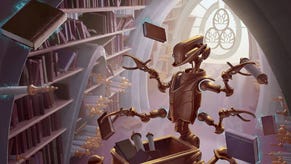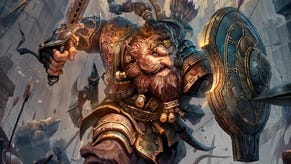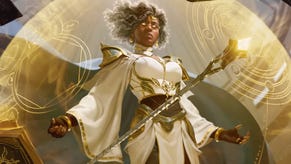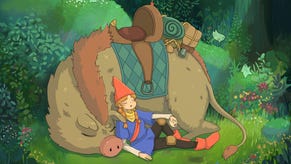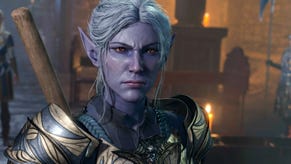I’ve never been this close to ditching D&D - but will others follow?
Inertia and dragons.
D&D’s publisher, Wizards of the Coast, has had a real blow to its reputation in the past few months – yo-yoing between anti-consumer revisions to the RPG’s Open Gaming License (since walked back) and sending private investigators to a Magic: The Gathering fan’s house after they were able to purchase unreleased material.
Even the heady heights of D&D movie Honor Among Thieves – a critical, if not commercial success – hasn’t been able to wash out the bitter taste of Wizards’ questionable choices since 2023 began.
As much as I love Dungeons & Dragons, with its smorgasbord of fantasy tropes and potential as a story engine, it’s increasingly hard to vouch for the uplifting adventurism of the core product when the company’s machinations tell a very different story – one that takes D&D’s market share for granted, as countless tabletop RPG creators struggle to have their work seen, let alone played.
It’s increasingly hard to vouch for the uplifting adventurism of the core product when the company’s machinations tell a very different story.
It’s all the more a shame when considering the ways that D&D itself is changing, and improving. We’re seeing a huge revision to the core game rules in 2024, eked out through the One D&D playtest, which – whatever you think of the execution so far – is helping to redefine the game for a new generation, revisiting its concept of racial differences, seeking to free the Monk class from its orientalist trappings and generally making the game a friendlier, more accessible place for a massive, growing, global audience.
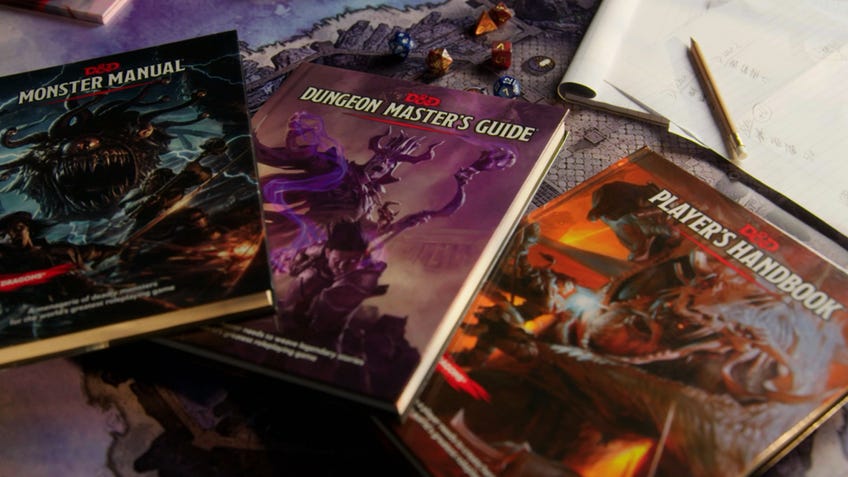
But at what point do we say, as much as we appreciate the work of the D&D team, that we’re tired of supporting a company that doesn’t support us – the players that make the game the success that it is? Even the latest marketing materials for D&D’s next iteration talk about how desperately the game needs more DMs – people who do the patient, thankless and deeply necessary work of teaching others how to play the game. But D&D’s community doesn’t feel appreciated right now.
At what point do we say, as much as we appreciate the work of the D&D team, that we’re tired of supporting a company that doesn’t support us – the players that make the game the success that it is?
Will I leave D&D? It’s difficult to imagine in some ways. D&D was my entry point to tabletop roleplaying, and I’ve built up a substantial investment over the years – financial, emotional and otherwise. There’s a sunk cost that pushes me to stick with it, rather than learning the trappings of an equally intricate system, buying a new suite of books and trying to bring my usual cohort of players with me on that journey.
This is the trouble with collaborative RPGs, especially those that have a considerable buy-in of time and effort to learn how the game works. Sure, I might enjoy the idea of jumping to Lancer, a mecha-combat RPG I’ve had my eye on for some time, or the Ghibli-inspired Break!!, which uses watered-down D&D 5E mechanics and launches later this year. But convincing the DMs and players in my social circle – some of whom I helped bring to the hobby in the first place – to collectively move elsewhere, can feel like a big ask.
After three or four years in the hobby, we’ve all got a good sense of how the game works, our favourite spells, the intricacies of class mechanics and the like. We all know how to play D&D already – why go to the trouble of doing it all over again? And if, like me, you’re playing in a long-running campaign, you may have years to go before you see your in-game storyline being tied up (don’t kill my character, Charlie!) and have room in your schedule for something else to take its place.
Ultimately, we all have the autonomy to choose what we play. I may just have to start small, hosting the odd one-shot of a different game system and doing that crucial work of introducing those around me to D&D alternatives, as much as they’re open to doing so.
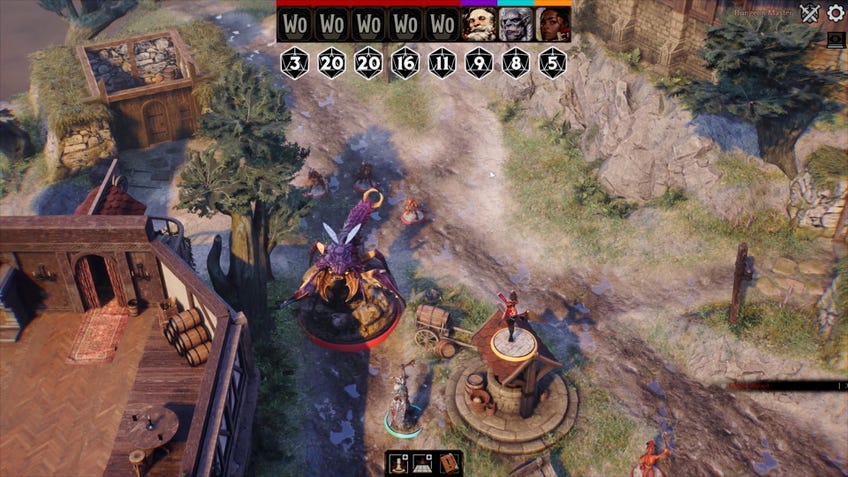
As Wizards of the Coast stumbled over its plans for a revised Open Gaming License, hoping to increase the profits it pulls in from D&D content creators, interest in other game systems surged. Pathfinder and Call of Cthulhu, two of the biggest non-D&D systems out there, sold out months’ worth of books practically overnight.
There’s clearly an appetite for other games out there. I’m just still unsure whether we’ll reach the critical mass necessary to redistribute D&D’s cultural domination.
There’s clearly an appetite for other games out there. I’m just still unsure whether we’ll reach the critical mass necessary to really redistribute D&D’s cultural domination or market share, and get non-hardcore tabletop RPG players experimenting more with the hobby.
I’d really just like to play my cleric in peace – but there’s no Divine Intervention coming to shift everyone over to another system. If I want that to happen, I’ll have to do it myself.
